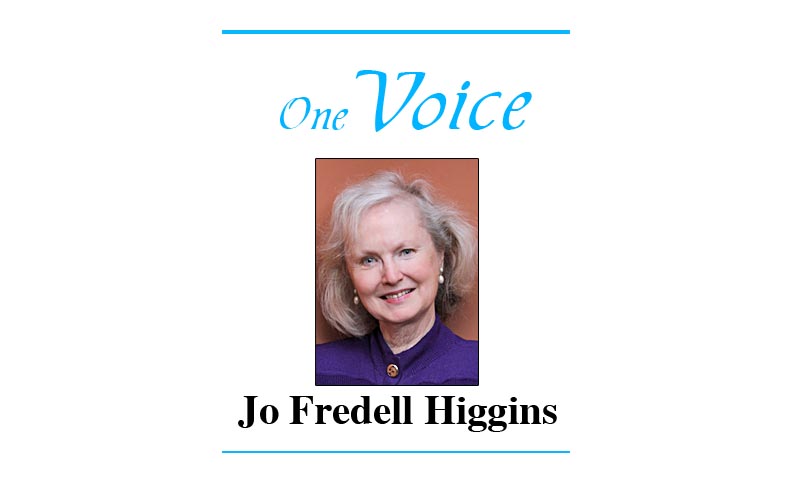
The haunting music of the street balladiers could be heard all along the boulevard du Temple. The high-arching trees, the chestnut trees, were Winter barren. It was January 1847, and each evening the gay boulevard was filled with Parisians waiting for the box offices to open. It was, of course, the New Year’s week.
There were tight-rope walkers and a famous monkey performing from open air booths. All temporary. Every evening between six and 11, all manner of crimes were perpetrated here. Virtue did not triumph. Seldom.
Madeleine lived at 5 rue Menilmontant in a little apartment high up the house. She had a main room, a drawing room, her bedroom, and toilette. The kitchen had a window facing the garden. She favored pastel wallpaper and fine laces at the windows that she purchased from Mademoiselle Fehner at 2 Cite Trevise. Mademoiselle made the most exquisite lingerie, and embroidered bedspreads. Her establishment was on the second floor.
Across the street directly was rue du Conservatoire where the Conservatory of Music used to be. It was founded in 1784 to train singers and actors for the Court Theatre. A little north of there was the centre for dealers in porcelains, potteries and crystals.
Anyone upon entering her apartment, invited by a small pink calling card delivered by a friend two weeks prior, could clearly and quickly see that Madeleine was a woman of grace and refinement. There were vases of fresh flowers always on display and dark chocolates from one of the finest houses in all of Paris filled the crystal candy dishes. She wore the latest Paris fashions preferably in white or pink or rose colors. Always with a hat. Always.
Her current amour was Jacques whom she had met one evening at the Theatre-Lyrique. He was a drummer who earned 45 francs ($9) a month. His music papers cost three sous for five sheets. He would accompany her on the Sunday picnics. It wasn’t long after their meeting, that he professed his constant love for her. She smiled and asked him which piece of cheese he would prefer. That picnic ended quite satisfactorily.
When the weather permitted, Sunday mornings and the other lodgers, the acrobats, the aerialists, the pretty clown, would gather to set out for the country to have their picnics on the grass.
They would devour garlic sausages and fried potatoes, drink glasses of cocoa, or peel oranges. Some would pocket the orange peels and the more boisterous young would hurl them at the bald heads in the theatre orchestra seats later in the day. Close to the Theatre-Lyrique at number 42 Place de la Republique, Gustave Flaubert lived during the six months annually for 15 years and where he wrote “Madame Bovary.”
If weather promised clouds and rain, Madeleine would suggest they meet in her apartment for songs and gaity. ”We will just have to make our own sunshine,” she would intone.
Her food table was filled with all manner of delectable edibles. New peas and asparagus were harvested from the garden. The tarts were made of lemon, or raspberries, or peaches. Chocolate bouchons dusted with powdered sugar were always served. The glazed ham and roasted chicken pleased everyone. The French wines were of good quality and rather inexpensive. It was a salon given to a jovial mood and fine discussions.
Because the shows began at six o’clock, the party would walk down the rue Basse-du-Temple and take their places in line for tickets. Madeleine and Jacques would hold hands and whisper to one another so no one else could hear. Tickets could be as low as thirty cents and the seating was comfortable and plush with red velvet seat cushions.
It was, after all, Paris. They were, all together, young and spirited. And so the New Year 1847 began amid high hopes for a brighter tomorrow.

